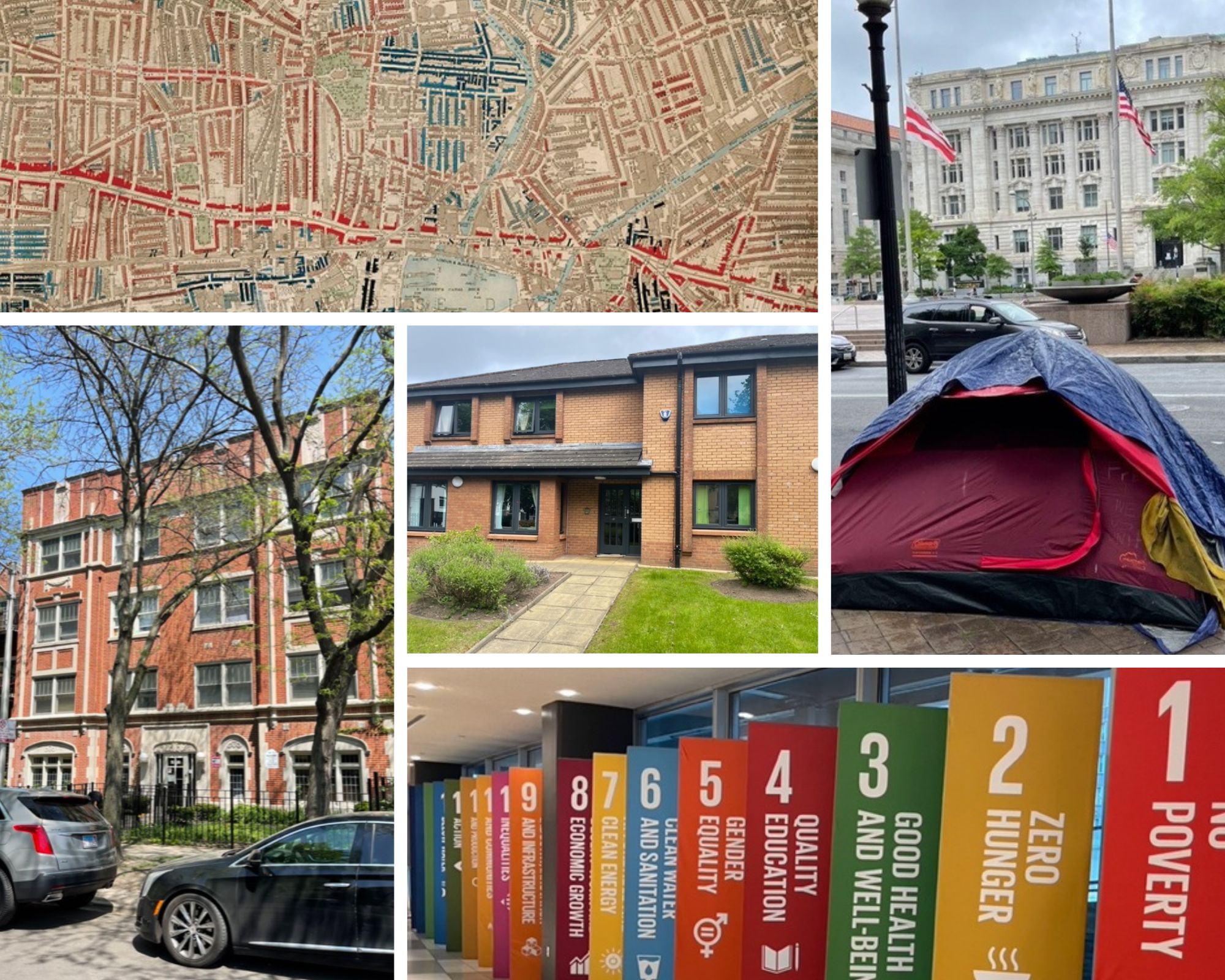The philanthropic sector in Australia plays a crucial role in efforts to end homelessness, extending beyond just being a funder. Much of the progress in establishing a movement to end homelessness in Australia is due to the dedicated efforts and generous contributions of philanthropy.
To continue improving and supporting strategies to prevent, reduce and end homelessness, the philanthropic sector should consider the following recommendations.
Recommendation 1: Focus on systemic change
Philanthropic organisations should leverage their unique position and resources to support efforts beyond crisis responses. While crisis responses are crucial for reducing human suffering and saving lives, the focus should also include systemic change. Philanthropy is uniquely suited to supporting systemic efforts to end homelessness, especially in sustaining local Advance to Zero backbone efforts, which often struggle to find consistent funding.
Recommendation 2: Show up consistently
Funding is essential, but so are time, networks and perspective. Philanthropy should use its influence to support collaboration and be an active voice in ending homelessness. More voices are needed to drive person-centred, collaborative efforts, maintaining a focus on ending homelessness rather than just addressing day-to-day needs.
Recommendation 3: Leverage investment
To maximise impact, philanthropy should strategically utilise additional investments in support and housing within local communities to leverage systemic change. Directing new housing and support investments through local Advance to Zero efforts, backed by quality data and collaborative efforts, can increase impact and accelerate progress towards ending homelessness.
Recommendation 4: Support impact investing
Philanthropy should support greater affordable, social and permanent supportive housing supply through impact investing.
Recommendation 5: Create a network
Consider creating an annual Australian Funders Together to End Homelessness gathering. This would focus on building understanding and capacity to support efforts to end homelessness, including sharing, implementing and refining the recommendations made in this report.


